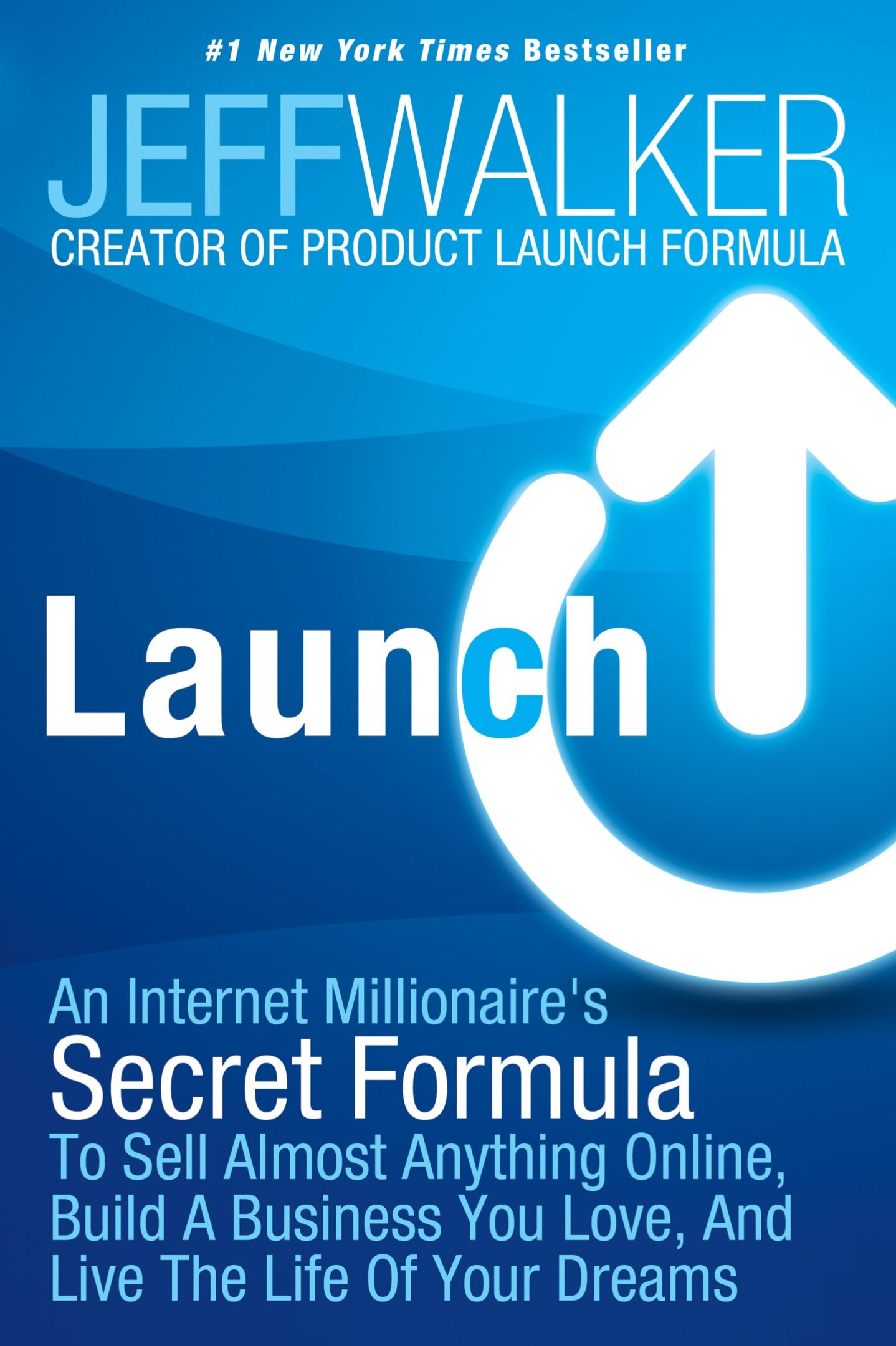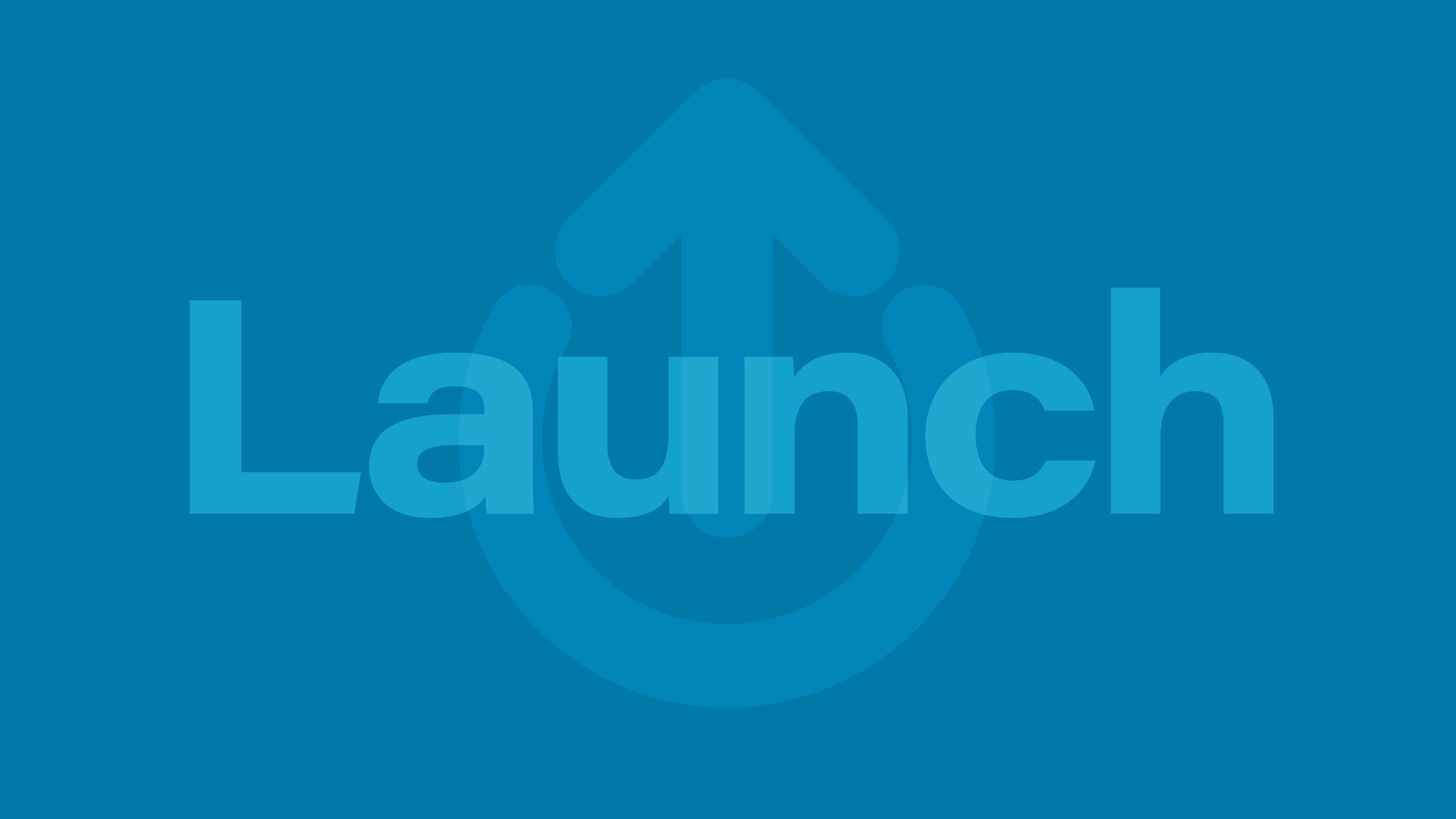Chapter 1 & 2
In the first 2 chapters Jeff Walker primes the pump so to speak, and gets you excited about the potential opportunities this book will explain by telling a personal story (his personal story). This is what Russell Brunson calls “the attractive character (hero)” in creating his persona. Pursuant to that end, it starts with this title:
From Stay-ay-Home Dad to Six Figures in Seven Days
From the book…
There are three things that make Internet marketing different from traditional marketing:
- Speed
- Cost
- Interactivity
Turn your marketing into an event for the product before it’s ever released. See your market as more of a conversation than a “buy my stuff” monologue. You must create sequences, stories and triggers.
- Pre-pre-launch
- Pre-launch
- Launch
- Post launch
Chapter 3
A License to Print Money: Your List
Page 30
Having a list of people who subscribe to hearing from you via email is his entire strategy and everything is 100% based off of that. Do not build your list off of Facebook or any other platform. You can use those platforms to drive them to a squeeze page where they are forced to sign up for your email list but ultimately you want a list that you own and manage. Spend time with your buyers and ask for referrals.
Check out thelaunchbook.com/resources
Make this happen:
- Define your avatar
- Create your “opt-in” ethical bribe
- Create a squeeze page
While word-of-mouth and recruiting on online forums is great, he loves affiliates and joint venture partners. Shortcut to building a big list fast is to use affiliates and pay them out of sales generated by traffic.
Chapter 4
The Sideways Sales Letter
Page 48
10 days of emails
GRKKT: While DOTCOM Secrets (by Russell Brunson) advocates sending an email every single day, he advocates an email every 3 to 5 days, sending only three total emails before open cart day. Total time is 7 to 10 days. I’ve been wondering if asking them to do something to develop a relationship along the way or getting feedback or answers to a question as the series progresses makes sense?
If you want to make your business and your marketing memorable, then your marketing needs to tell a story.
- Jeff Walker Tweet
Chapter 5
Weapons of Mass Influence
Page 59
- authority
- reciprocity
- trust
- anticipation
- likability
- events and ritual
- community
- scarcity
- social proof
Chapter 6
Pre-Prelaunch
Page 71
How can I let people know if something is coming without it feeling like I’m selling them something? How can I tease their curiosity? How can I get help in creating this product, making it collaborative? How can I figure out if there are objections? How can I engage my prospects in a conversation and avoid corporate speak? How can I make this fun, humorous and exciting? How can I stand out in a crowded market? How can I figure out how my market wants to be sold? How can I figure out my exact offer? How can answering these questions naturally lead into my pre-launch sequence?
On page 75 he outlines his “quick announcement and a favor” subject headline…link takes them to landing page with letter.
On page 76 and 77 he outlines the letter. Here he asks what are the top two questions they have about _________?
From there he details answers to how his sequence solved each of those above questions.
Chapter 7
Sell Them What They Want
Page 88
He outlines why he thinks his strategy hits on all of the important triggers of mass influence outlined in chapter 5.
Starting on page 89, he outlines the three main parts of product launch content:
- The opportunity or journey
- The transformation.
- The ownership experience.
He breaks each email down into segments or sections, so you know exactly what to write.
Page 95
Legal stuff. He mentions you have to be careful about testimonials and a disclaimer stating that “results were not typical” is no longer enough per the Federal Trade Commission.
On page 96, he outlines the content that is emailed every third or fourth day and then open cart day is two days after the third email. Total time frame is 7 to 10 days.
Chapter 8
It’s Time to Launch
Page 107
He explains the offer does need to go away so your special offers aren’t just empty words.
Page 109
He outlines technical issues and again refers you to his resources page.
Page 110
He walks you through the process of troubleshooting what to do if no one buys?
Chapter 9
The Seed Launch
Page 113
GRKKT: From what I gather in this chapter, seed launching is an MVP version and then gathering feedback from your top 30 go-to people.
Page 121
Generally you want 100 to 300 responsive people to launch product.
Making the right decisions around that opportunity cost is one of the biggest factors in the success of your business.
- Jeff Walker Tweet
Chapter 10
The Joint venture Launch
On page 129 he explains that your joint venture partners will mail their list, encourage the readers to visit your squeeze page were they join your list and become engaged in your pre-launch content when you open your cart and start making sales yourself. You should automatically track who referred each client so you can pay commission to the right partner. He did 50% commissions, but it depends on the market in the margin as to what is normal.
Before you do a joint venture launch, launch to your small internal list first. Use all your launch sequences in your offered to make sure there’s no technical glitches or problems. You want to smoke out any bugs before you ask your joint venture partners to refer you. Those relationships should be treated like gold.
Never test an offer with a partner’s list.
Page 134
Finding a joint venture partner is quite a process. You only need 3 to 5 good ones but you will spend a good amount of time searching for those top-tier partners. Go to each of the top 50 listings in your market and opt into the newsletter. Reverse engineer what they do and want to see if they promote only their products or others. Follow them on social media. The best way to get them to help you out as you help them out first by promoting their product on your blog posts.
You must be looking to build long-term relationships and build long-term value for your joint venture partners. It took him two years of supporting and nurturing joint venture relationships before it really went anywhere.
Chapter 11
The Business Launch Formula
Six keys to the business launch formula
- Always deliver high-value pre-launch content
- Always be building your list and relationships
- Make more than one offer
- The circle of awesome
- Seed launch to internal launch to JV launch
- Re-launchs and Evergreen launches
- Page 148 he explains the difference between what he’s doing and what Russell Brunson does in dotcom secrets. Russell does “evergreen“ launches, which means each person goes through the same launch sequence no matter when they joined or when they found out about the product. What Jeff Walker does is he creates 2 to 4 major launches a year and whoever joins at that time joins.
- Take care of your clients and launch to them again
- Take care of your clients and launch to them again. It’s about 15 times easier to sell to someone a second time than it is to get a new client.
Chapter 12
Creating a Business You Love
Pg 150
- Attract clients you want. Attract people who are your people.
- He believes in joining a mastermind group where you’re putting the hot seat, weekly accountability, etc.
- He feels the most important thing in business is to be mindful of your opportunity cost. When you decide to go down one road there are several other roads that you won’t be able to go down.
Page 158
Instead of thinking of others has competitors think of them as partners or future partners. Instead of splitting the pie, work together and grow a much bigger pie.
Page 159
He doesn’t believe in writing emails using terms like “we” to make yourself appear big. He believes in talking in the first person like you are small even to this day.
Chapter 13
A recipe for a big life
Page 164 and 165
He advises writing down what your ideal life would look like in three years.
Page 168
He talks about staying in your genius zone and for developing the things you’re exceptional at doing.
Pg 170
Hire are a great team. Stars only.
Page 171 through 173
He talks about “abundance juice.” This is his belief that helping out even competitors is a good idea because when you help others out, ultimately they will help you.
Pg 171
Learn to say “no” to almost everything so you don’t kill off your opportunity cost.
Chapter 14
It’s your time to launch
He talks about the importance of strategy over tactics, but overall this was not the most helpful chapter (to me).






